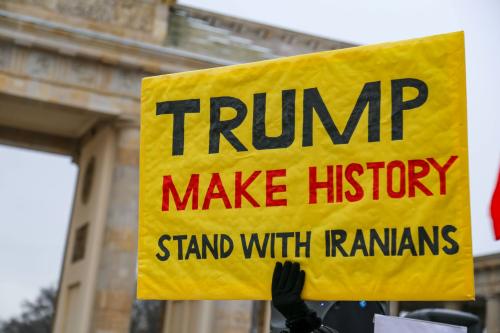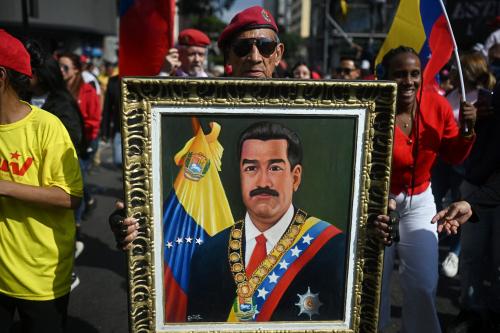

10:30 am EST - 12:00 pm EST
Past Event
10:30 am - 12:00 pm EST
1775 Massachusetts Avenue NW
Washington, DC
20036
In 2016, the year of the U.S. presidential election, the international community will mark another milestone in its 15-year engagement in Afghanistan. Despite billions of dollars spent by the international community to stabilize the country, Afghanistan has seen little improvement in terms of overall stability and human security. The situation on the ground for Afghans continues to be grave, and while the international coalition suffered the least number of casualties in 2015, casualty levels have greatly increased for Afghan security forces. Security for the Afghan people has also deteriorated in large swaths of the country, further complicating humanitarian response. Afghan civilians are at greater risk today than at any time since Taliban rule, with a dramatic increase in the numbers of mostly young Afghans fleeing their country. Afghanistan’s economic situation also remains poor, and major political challenges lie ahead in 2016.
In response to these troubling trends, President Obama decided to keep more than 5,000 U.S. troops in Afghanistan through the end of his presidency. Looking at and beyond the coming year, what are the key security, economic, political, and humanitarian challenges and opportunities that need to be addressed in Afghanistan?
On January 4, the Center for 21st Century Security and Intelligence at Brookings hosted an event focused on the current status of the war and stabilization effort in Afghanistan. Panelists included Che Bolden, federal executive fellow at Brookings; Jason Cone, executive director at Doctors Without Borders; Brookings Senior Fellow Vanda Felbab-Brown; and Ann Vaughan, director of policy and advocacy at Mercy Corps. Brookings Senior Fellow Michael O’Hanlon, and author of “The Future of Land Warfare” (Brookings Institution Press, 2015), moderated the discussion.
![]() Join the conversation on Twitter using #AfghanFuture=”font-size:>
Join the conversation on Twitter using #AfghanFuture=”font-size:>
10:30 am - 12:00 pm
On January 4, the Center for 21st Century Security and Intelligence at Brookings hosted an event focused on the current status of the war and stabilization effort in Afghanistan.

Suzanne Maloney
January 13, 2026

Vanda Felbab-Brown
January 6, 2026

Andrew Yeo
December 1, 2025